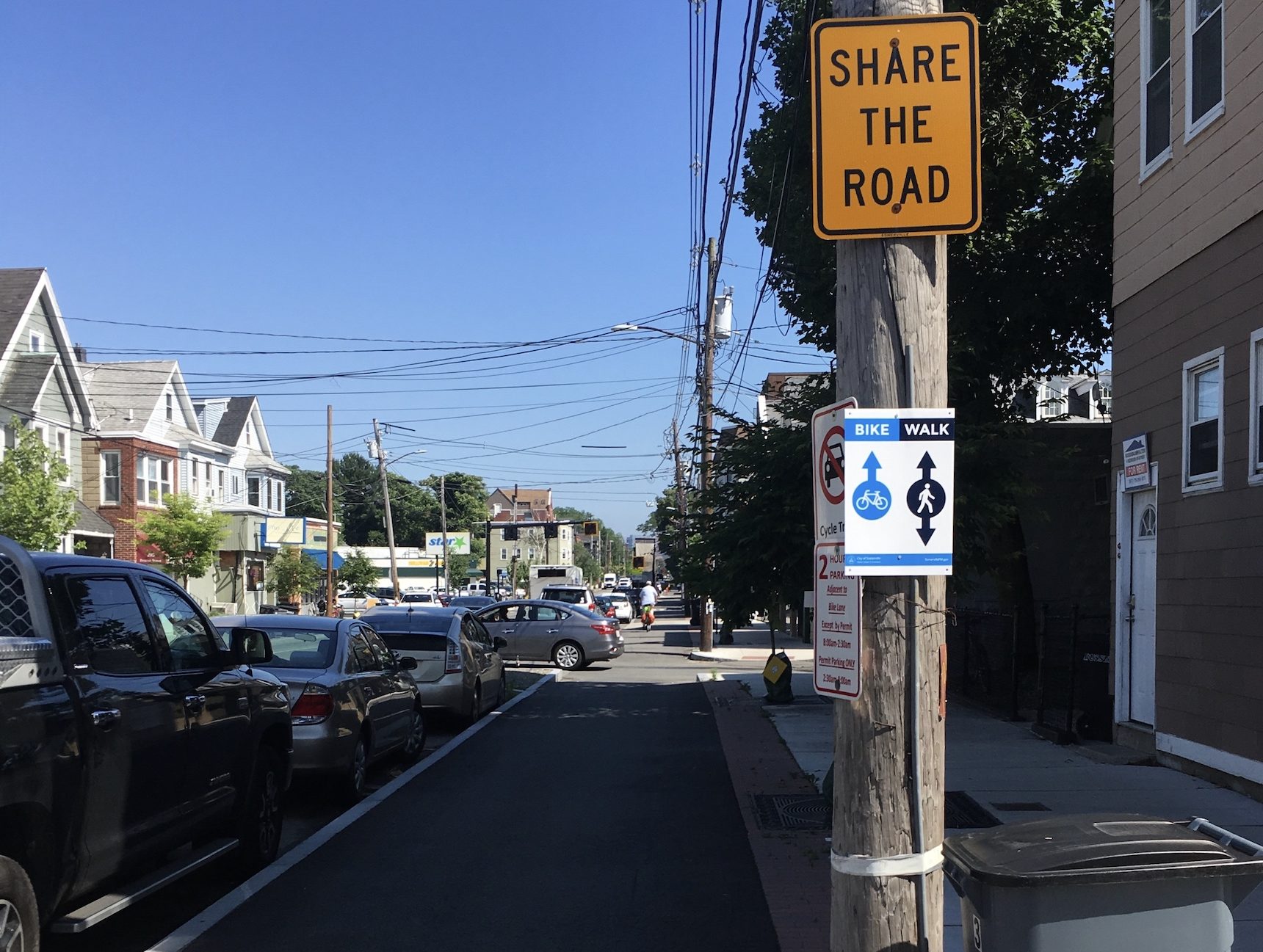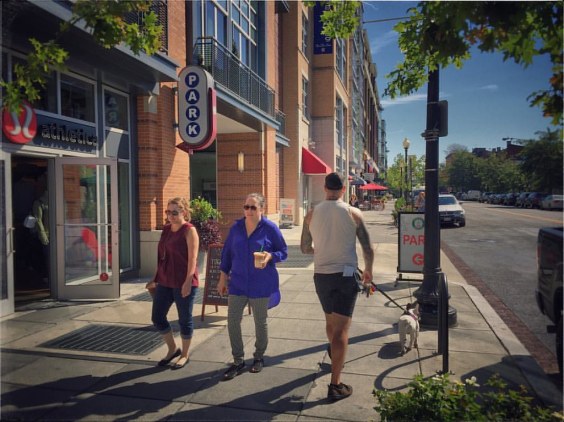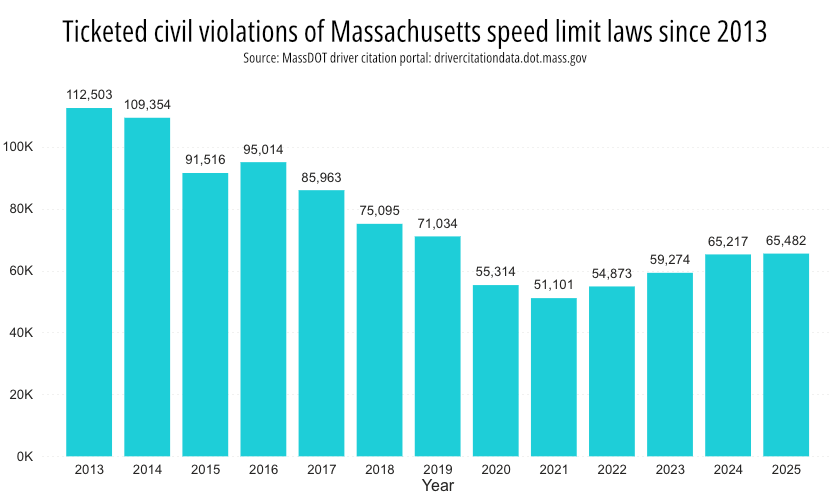Editor's note: StreetsblogMASS recently reached out to Newport Construction, the contractor for the Commonwealth Avenue reconstruction project in Boston and the Beacon Street reconstruction project in Somerville, for its perspective on those projects' delayed construction timelines. The firm's Executive Vice President, Richard L. DeFelice, provided this detailed reply, which we're pleased to reprint here in full as an op-ed contribution.
Without getting into the complex intricacies of each multi-year project, at a high level, both Commonwealth Avenue and Beacon Street jobs did experience delays due to circumstances out of the control of Newport, and MassDOT.
On Beacon Street, there were specific delays experienced due to underground gas line issues, where the gas contractor (not Newport) had to make multiple repairs and connect new services.
While performing their duties, they experienced issues such as gas leaks that needed to be addressed. The repair of said gas leaks required portions of the road work and pavement that Newport had already done to be torn up so that they could access the lines. Due to this, at least a year/season was added to the length of the project.
When items like this occur, the road contractor is normally at a standstill and unable to perform until the problems are rectified. Gas line issues causing delays are arising all over Massachusetts and southern New Hampshire, as aged underground infrastructure is in dire need of replacement and repair.
Related:
Many Holdups, Little Accountability For Delayed Street Projects
With Commonwealth Avenue, there were a few external factors that resulted in project timeline delays. Eversource ran into utility conflicts, which delayed items such as traffic signal and mast arm installation. Additionally, there was a design issue experienced once the road was opened up, where specific areas of the project needed to be paused and redesigned. We also ran into an instance where positioning of new road ran into resistance, and attributed to the other delays.
Most of the aforementioned are unforeseen issues that most road contractors and agencies run into on a daily basis, on numerous projects, large and small. Because these were high profile projects, they tend to receive the most attention.
Given that a large portion of projects across the Commonwealth involve reconstruction of decades-old roads and underground infrastructure, this is going to happen. While addressing these issues can add time to a project, it is better to make sure everything is done properly and that any and all issues are addressed – especially when we are dealing with gas lines and utilities.
While an observer of only the surface work might question why a project has stalled or has been delayed, there is a whole complex underground environment being worked on that is covered up at the end of every day. Most times, the road contractor is placed at a standstill until the items out of their control are rectified. Because their name is on the equipment, it could appear that a delay is caused by them, but in most cases, it is not. Any professional in this field understands how these things work, and would never cast blame to one individual party in the process.
As far as communication improvements, most times these issues are not predictable, and only come to the forefront once the road has been opened up, and inspected. The Commonwealth has a collaborative team of professionals - from MassDOT, to local agencies and DPW departments, to the engineering firms, to the road contractors, and beyond. All parties give a concerted effort to do things in the most efficient and responsible way possible.
Efficiencies can improve in every business and industry, but I believe that everyone has the same end goal in mind, and all project issues need to be taken on a case by case basis. Newport is happy to be working with a team of professionals across the Commonwealth on a daily basis to achieve common goals and objectives.






